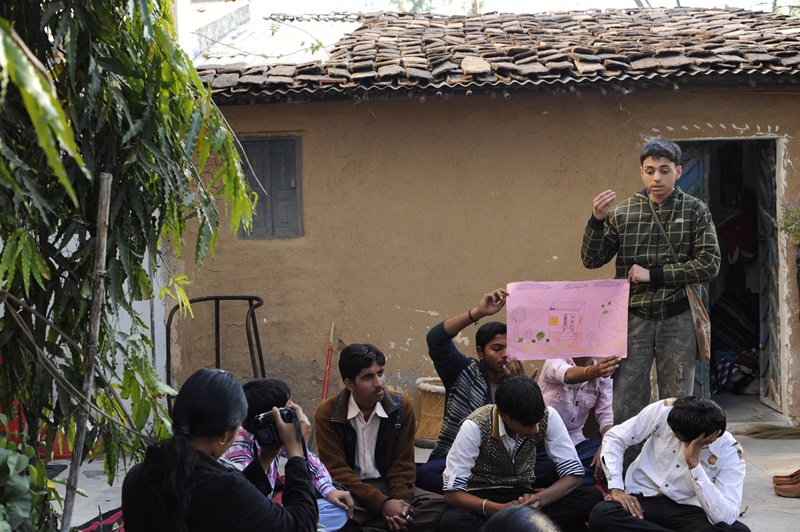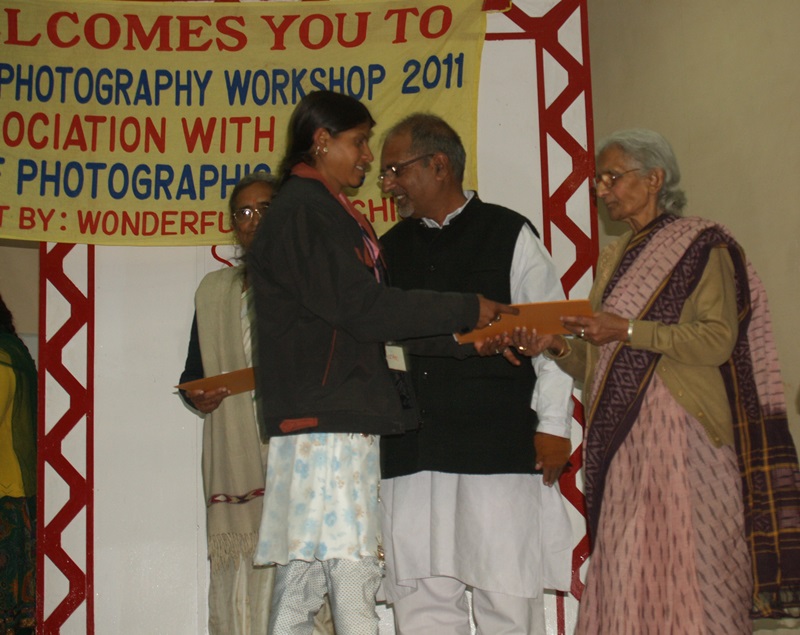India is currently the worldʼs 5th largest carbon emitter in the world. With its growth rate of
8.9% and 450 million citizens still without access to electricity, India is faced with
enormous development pressures that threaten its already fragile ecosystems.
Global climate change mitigation is the key priority of our times and it is imperative
that Indiaʼs fast growing environmental footprint be contained. Such a task is
extremely difficult without raising grassroots awareness of problems and
solutions. While there is no dearth of alarmist sentiment about Indiaʼs
environmental future, such sentiment does little to motivate people to take
personal responsibility with small steps that could make a difference. What is
needed in society at different levels are positive community-based engagement
models that communicate the issues to people in simple ways and offer concrete
solutions, so the problem doesnʼt seem overwhelming. Awareness without action
has been a common lapse in the efforts of well-meaning organizations in India
who are engaged in environmental work. Sanjhi connects the two strands by
creating innovative environmental education models.
Sanjhi believes that stories and visions of a positive future will encourage people
to become voluntary and willing participants in environmental action. Inspired by
systems-based approaches, Sanjhi has identified strategic points of intervention
in society where change can be catalyzed. These points lie at the intersection of
education and employment for youth in rural and urban communities—from
awareness campaigns in small one-off communities to entrepreneurship modules
in high schools and colleges that encourage environmental practices.
Completing the cycle from Awareness to Action, Sanjhi becomes an active
proponent of conservation, innovation and implementation at different levels.
Sanjhiʼs founding team—environmentalists, authors, educators and filmmakers
have more than eight decades of rural development experience that translates
into a deep understanding of creating change through grassroots work, making
this cycle of awareness to action possible.
Sanjhiʼs theory of change is a simple one–Inject fun and creativity into educating
youth on social and environmental issues and empower them with concrete skills
that allow them to become entrepreneurs and advocates for environmental
responsibility in their communities. That is how we can achieve measurable,
sustainable and scalable environmental change in communities across India and
contribute to global climate change mitigation.





















































